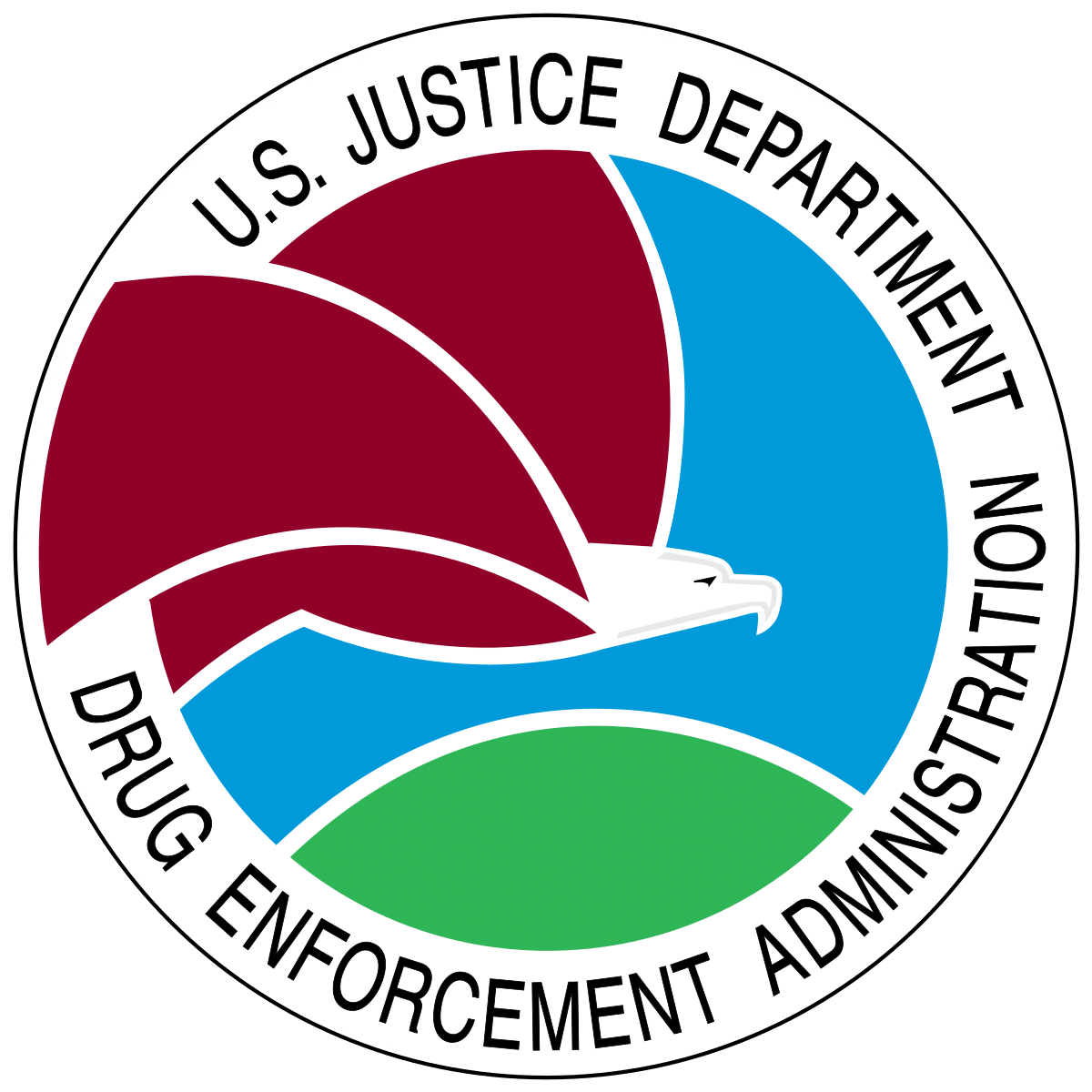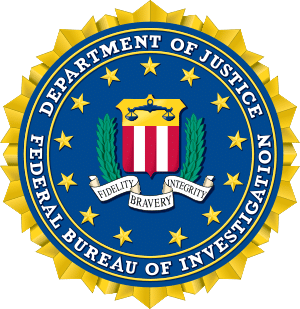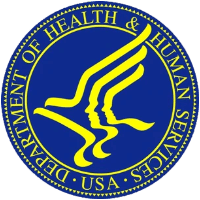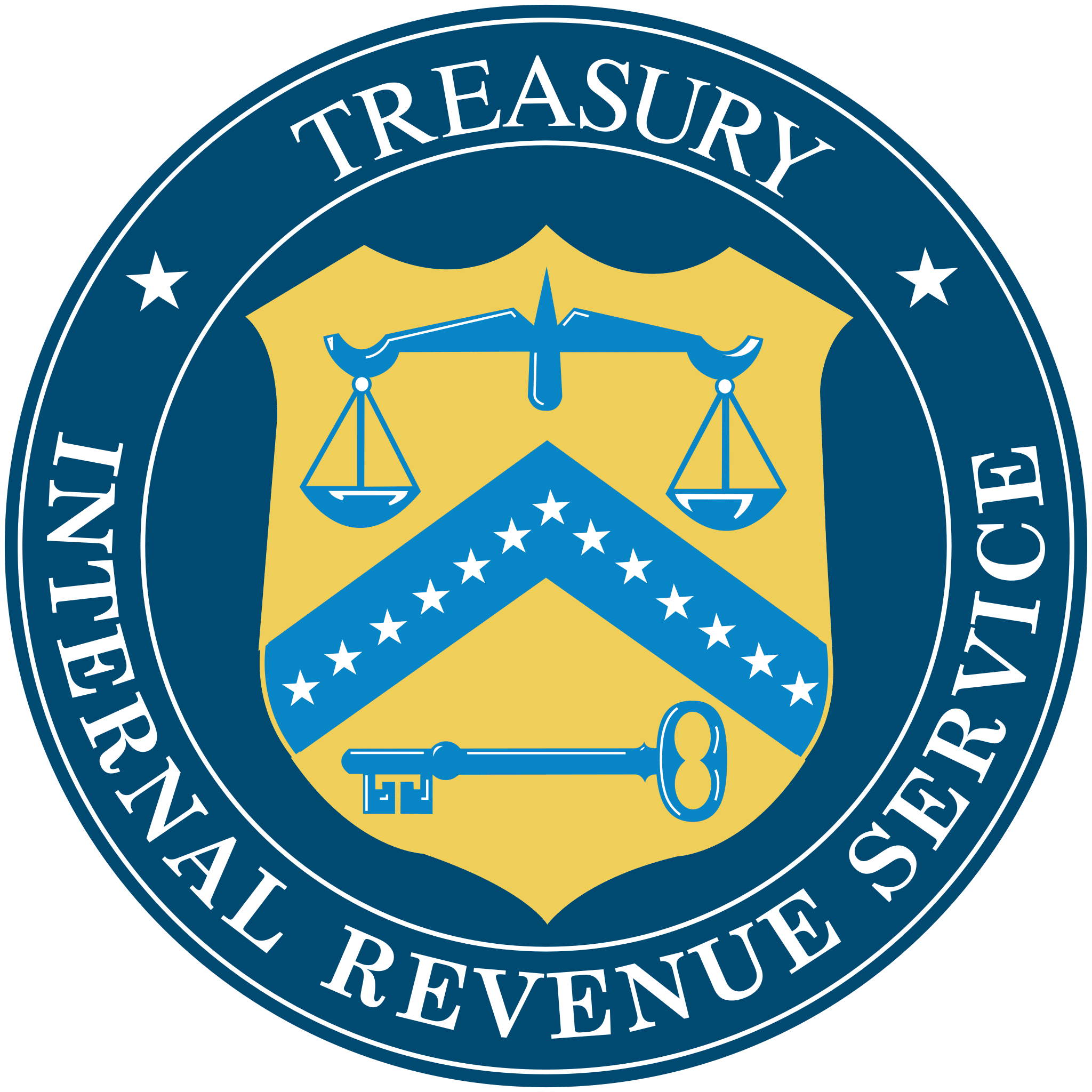Healthcare Fraud Defense Lawyer in Dallas, TX
Heath Hyde stands out with experience in federal healthcare fraud defense, a primary focus on healthcare providers, and a reputation for zealous, aggressive and effective criminal law representation.
The team of Heath Hyde’s Healthcare Fraud Defense Lawyer in Dallas, TX has over 50 years of combined expertise defending healthcare practitioners. Heath Hyde’s track record includes high-profile trial acquittals and dismissals in healthcare fraud cases, as well as sophisticated knowledge in the field of healthcare compliance.
If you require expert legal representation because you are soon to be charged with healthcare fraud or fear you are under investigation for medical fraud, Heath Hyde has a committed team of Medicare fraud attorneys, Medicaid fraud attorneys, and Healthcare Fraud Defense Lawyer in Dallas, TX at Heath Hyde who have a track record of acquittals and dismissals on behalf of a variety of healthcare practitioners and major healthcare corporations.
If you require expert legal representation because you are soon to be charged with healthcare fraud in Dallas, TX or fear you are under investigation for medical fraud, schedule a free confidential case evaluation with Heath Hyde Healthcare Fraud Defense Lawyer in Dallas, TX at 903.439.0000 or fill out our online contact form.
Learn more about Heath Hyde’s Healthcare Fraud Defense Lawyer in Dallas, TX.
Why Should You Hire Heath Hyde to Represent You in a Healthcare Fraud Case?
- Commitment: We aren’t generalists. We are a team of experts committed completely to the fight against healthcare fraud.
- Results: Unlike most organizations, we have a track record of successfully defending government healthcare fraud cases.
- Strategy: We don’t wait for cases to develop and come to us. We are proactive and work with you to design a plan to resolve your federal healthcare fraud issue, aggressively research it, and prepare to take on the federal authorities from the beginning of our representation.
- Education: The majority of our attorneys hold advanced degrees in healthcare law and are ex-healthcare fraud prosecutors. We have a full-time licensed healthcare fraud investigator on staff, a medical billing consultant, as well as a network of medical professionals, statisticians, healthcare fraud investigators and AI-enhanced investigative techniques that are ready to help you.
What Is the Definition of Healthcare Fraud?
Healthcare fraud is a broad phrase that encompasses any effort to defraud a healthcare insurance program.
When a claim for reimbursement is made for services that were not medically necessary, were not performed, were overbilled, or were not permitted, the person or entity who caused the bill to be submitted might be charged with fraud.
A major misstatement devised and intended to result in financial gain is commonly described as fraud. The misrepresentation in the healthcare context is typically a claim presented to an insurance company such as Medicare, Medicaid, Tricare, Blue Cross Blue Shield, and so on.
Unfortunately for people accused of healthcare fraud, this has resulted in more cases going to trial, which may be costly. A professional healthcare fraud defense lawyer like Heath Hyde, with a laser-like focus on the case, on the other hand, can substantially reduce the amount of time and money required to defend against healthcare fraud charges.
Some examples of healthcare fraud are as follows:
- Billing for services that were not provided
- Noncompliance with the Anti-Kickback Statute (paying or receiving referrals)
- Upcoding involves charging for a higher-level service than was previously provided (99213-99214)
- Charging several codes to improve reimbursement through unbundling
- Theft from pharmacies (billing for medication but not filling the medication)
- Health-care fraud in the home
- Theft of dental insurance
- Relationships with laboratories that aren’t up to snuff
- Billing for Medicare or Medicaid-exempt providers
- Incorrect coding
- Overuse, such as administering too many back injections
- Overprescribing opiates is a form of prescription fraud.
What Laws Do Federal Prosecutors Use in Healthcare Fraud Cases?
A healthcare fraud indictment, which is the document that accuses healthcare fraud, usually includes a charge of healthcare fraud conspiracy as well as multiple individual healthcare fraud executions. In addition to the forfeiture accusation, the indictment might include a money laundering charge.
Because the federal conspiracy requirements are so permissive, the government only needs to prove an agreement to commit healthcare fraud and an act in support of the scheme to prosecute healthcare fraud conspiracy.
The government also tries to collect a large amount of assets from people accused of healthcare fraud, mostly to prevent them from utilizing allegedly illegal proceeds to defend themselves against the charges. Often, this measure results in the accused having their personal resources frozen to prevent them from adequately defending themselves against the governments allegations.
The following are some of the federal statutes that are typically charged in a healthcare fraud indictment.
- Healthcare Fraud, 18 U.S.C. 1347
- 18 U.S.C. 1349 – Conspiracy to Commit Healthcare Fraud
- Wire Fraud, 18 U.S.C. 1343
- Racketeering, 18 U.S.C. 1961
- Money Laundering Act of 1956, 18 U.S.C.
- Drug Trafficking – 21 U.S.C. 841(a)
- Anti-Kickback Statute, 42 U.S.C. 1320a-7b
- 18 U.S.C. 371 — Terrorism
Each of these accusations has its own set of “elements” that the prosecutors must establish beyond a reasonable doubt.
For instance, the elements of healthcare fraud are that a defendant:
(1) knowingly, and
(2) willfully,
(3) devised a scheme or artifice to defraud a healthcare program, and
(4) executed the scheme.
A jury would have to find the government guilty of each and every ingredient beyond a reasonable doubt.
Defending a federal healthcare fraud case requires your defense counsel to convince the government that they will not be able to prove the elements to a jury — thereby resulting in a dismissal or by presenting a compelling case to the jury that prosecutors cannot prove the elements of the offense beyond a reasonable doubt.
Who Investigates Healthcare Fraud Cases?
Healthcare fraud is investigated by the following agencies:
- DOJ Healthcare Fraud Strike Force
- Health and Human Services Office of Inspector General (HHS-OIG)
- Federal Bureau of Investigation (FBI)
- Drug Enforcement Administration (DEA)
- The Appalachian Regional Prescription Opioid Taskforce
- Local Medicaid fraud control units (such as the Detroit Medicare Fraud Strike Force)
- State Medicaid fraud control units
Typical healthcare fraud is initially investigated using data. CMS and HHS review statistical data generated from Medicare and Medicaid bills to look for outliers.
If you believe your practice is an outlier, contact Heath Hyde. Then our connected Medicare fraud defense attorneys, Medicaid fraud defense lawyers, and Healthcare Fraud Defense Lawyer in Dallas, TX will begin your representation process immediately. Quick action and prompt creation of a compliance plan may prevent indictment.
How Do I Know that I am Under Investigation for Healthcare Fraud?
A healthcare fraud investigation starts a variety of ways. If your counsel has his or her ear to the ground, it’s not difficult to determine whether you are facing a healthcare fraud investigation.
Here are some of the signs that you may be under investigation for healthcare fraud:
- Search Warrant: If a search warrant is executed against you or your practice, you should contact our experienced healthcare fraud defense lawyers immediately. We can provide you immediate advice to help protect your rights during this difficult situation. We can also assist your staff to alleviate the confusion and fear that comes with the process.
- Grand Jury Witness Letter: If you receive a letter indicating that you are a “witness” in a grand jury, for which the subject matter of your potential testimony deals with your ownership or employment with a practice or healthcare business, you need counsel immediately. Witnesses, without adequate representation, often turn into subjects and targets.
- Grand Jury Subject Letter: If you receive a letter from the DOJ or a federal prosecutor alleging that you are the “subject” of a federal healthcare fraud investigation, you need counsel immediately. This means that federal prosecutors are seeking an indictment against you or your healthcare entity but have not yet received enough evidence to convene a grand jury. Without adequate representation, you could easily turn into a “target” of a federal investigation.
- Grand Jury Target Letter: If you receive a grand jury target letter, this is a sure-fire sign that you are the target of a federal investigation. The definition of the “target” of a federal investigation is that the government believes sufficient evidence exists to convene a grand jury and seek an indictment.
- Grand Jury Subpoena: The government has tools such as subpoenas to get information from healthcare providers and entities in order to investigate healthcare fraud. One is a grand jury subpoena. This allows the government to compel production of records and testimony before a grand jury to support their criminal investigation. Everyone who is subpoenaed for documents or testimony should consult with a knowledgeable healthcare fraud defense lawyer. Often, we are able to defeat the government subpoena or alleviate the need for testimony.
- Civil Investigative Demand: A civil investigative demand is a civil tool used by civil prosecutors to collect records in furtherance of a violation of the False Claims Act. However, given the similarities in the conduct required to prove a violation of the False Claims Act and the healthcare fraud statutes, defendants facing false claims act cases should prepare for the potential for a parallel criminal investigation.
- Signs of Active Investigation: Clients often learn that they are under healthcare fraud investigation after they learn that patients, employees, and other potential witnesses are being investigated or they see signs of surveillance.
- Increased Audits: Many clients will face an increase of record requests and audits by Medicare, Medicaid, and commercial insurance carriers. This is a sign that insurance companies may suspect fraud, and their compliance departments routinely report these allegations to federal and state law enforcement.
- Medicare Suspension: Medicare has the ability to suspend a provider or entity based on “credible or suspected allegations of fraud.” If you receive a Medicare suspension letter alleging fraud, it is important to contact an experienced healthcare fraud defense lawyer who can also assist you with regaining compliance.
What Are the Penalties for Healthcare Fraud?
The penalties for healthcare fraud can be criminal, civil, and administrative. General criminal defense attorneys are only aware of the criminal penalties and may miss strategies that limit or eliminate the civil and administrative penalties. A plea of guilty to a felony charge of healthcare fraud or Medicare fraud should not be based solely on the potential jail time.
The potential consequences of a conviction of healthcare fraud are:
- Up to 10 years in prison
- Mandatory exclusion from billing Medicare and Medicaid for between five years to life
- Loss of professional license (medical license, pharmacy license, nursing license)
- Forfeiture of all assets related to the alleged offense
- Fines of up to $250,000 per offense
- Restitution
- Job loss
- Loss of board certification status
How Are Healthcare Fraud Sentences Determined?
Federal sentences are created using the Federal Sentencing Guidelines. An experienced Healthcare Fraud Defense Lawyer in Dallas, TX can explain to you about this.
If someone is convicted of healthcare fraud, the sentence is almost exclusively determined by the fraud loss amount to the entity billed, generally the value of claims billed. As a result of the Affordable Care Act, the number of claims billed to a healthcare program is considered prima facie evidence of the loss amount.
In the event of a conviction and in order to achieve a lower sentence, it is imperative that defense counsel challenge the notion that the number of claims billed is the amount of the loss to the government. Every healthcare provider knows that Medicare, Medicaid, and private insurance companies do not actually pay the amount billed; usually, it is some lesser amount.
Also, the best Healthcare Fraud Defense Lawyer in Dallas, TX will know other strategies useful for determining a lower loss amount, such as claim sampling and extrapolation. Under no circumstances should someone facing healthcare fraud charges accept the government’s recitation of the loss amount: the government’s loss number is generally inflated and created using the poor methodology.
Experienced & Proven Criminal Defense Lawyer
In Dallas, TX, federal cases are complicated, with difficulties in understanding federal sentencing guidelines, strict deadlines, and more written pleadings than are usually required when defending a case in state court.
Federal criminal defense cases require additional expertise and years of experience on the part of an attorney in the Federal Court. Consequently, it’s imperative that anyone charged with a federal crime engage a Healthcare Fraud Defense Lawyer in Dallas, TX, who has tried cases in federal court.
Heath Hyde has handled hundreds of federal criminal cases, not only in Dallas, TX and other cities in Texas but also in Federal courts throughout the United States.
Heath Hyde’s Healthcare Fraud Defense Lawyer in Dallas, TX has 30 years of combined experience defending cases in federal court – based in Texas, serving Dallas, TX. Despite the fact that the conviction rate in Federal Court is approximately 90-95%, Heath Hyde has won approximately 90% of his Federal cases at trial.
Heath Hyde Healthcare Fraud Defense Lawyer in Dallas, TX has represented defendants charged with virtually every kind of federal case. See Heath Hyde Results and Client Testimonials.

















